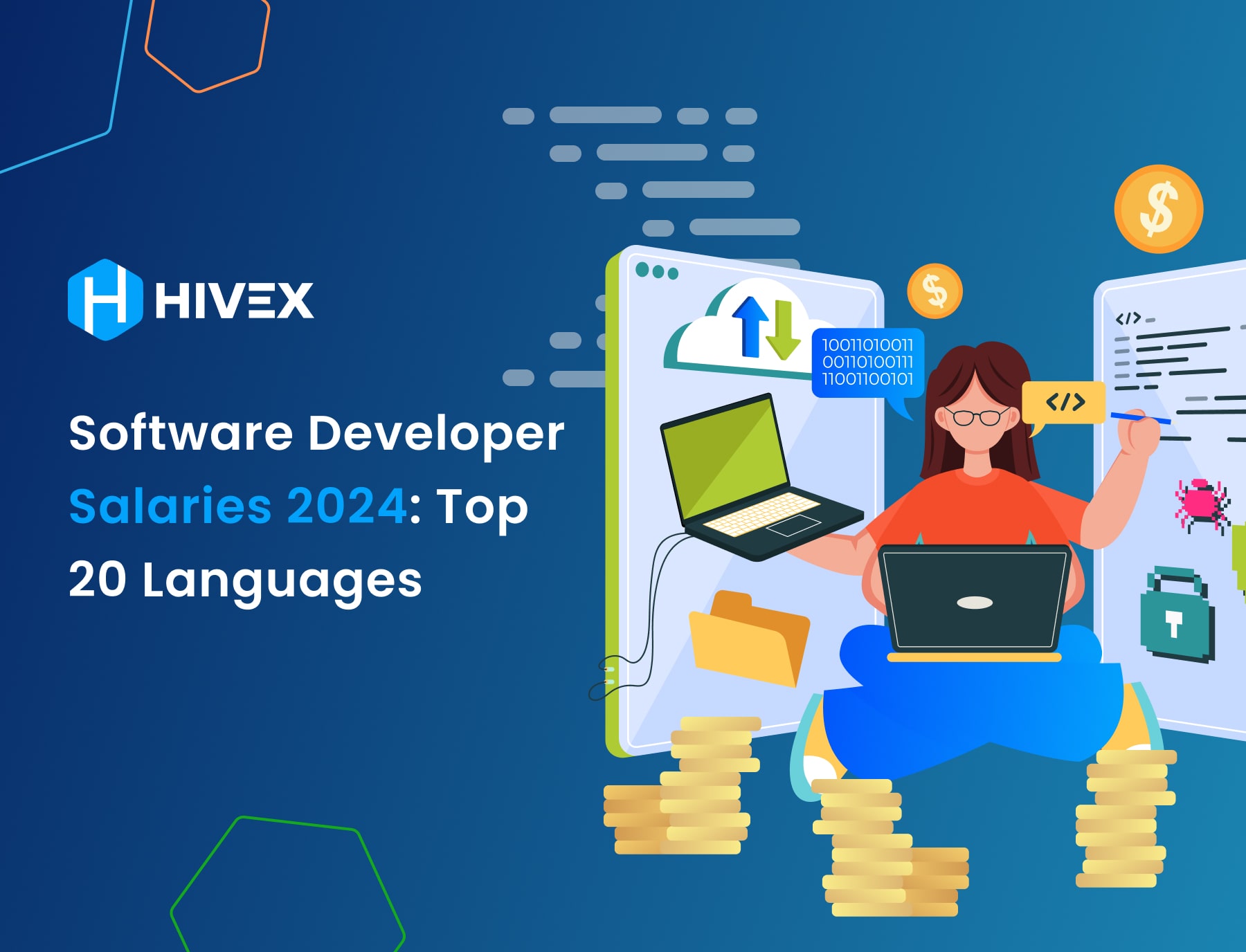Shopify Developer Skills to Look For in Your Next Hire

Shopify is one of the most popular e-commerce platforms in the world, powering many online stores. To build, customize, and optimize websites on this platform, it is crucial to have the right expertise. In this article, we will explore the key Shopify developer skills you should look for in a new hire.
What is Shopify?
Shopify is a popular e-commerce platform that allows businesses to create and run online stores. It provides a user-friendly interface and a wide range of customizable themes and templates to create visually appealing and functional Shopify websites. The platform provides a user-friendly interface that makes it easy for businesses to manage their online shops, track sales, and process orders.
The Shopify app store offers a variety of plugins and add-ons that businesses can use to enhance their websites and make them more customer-friendly. They range from marketing tools to inventory management systems, offering businesses a great deal of flexibility.
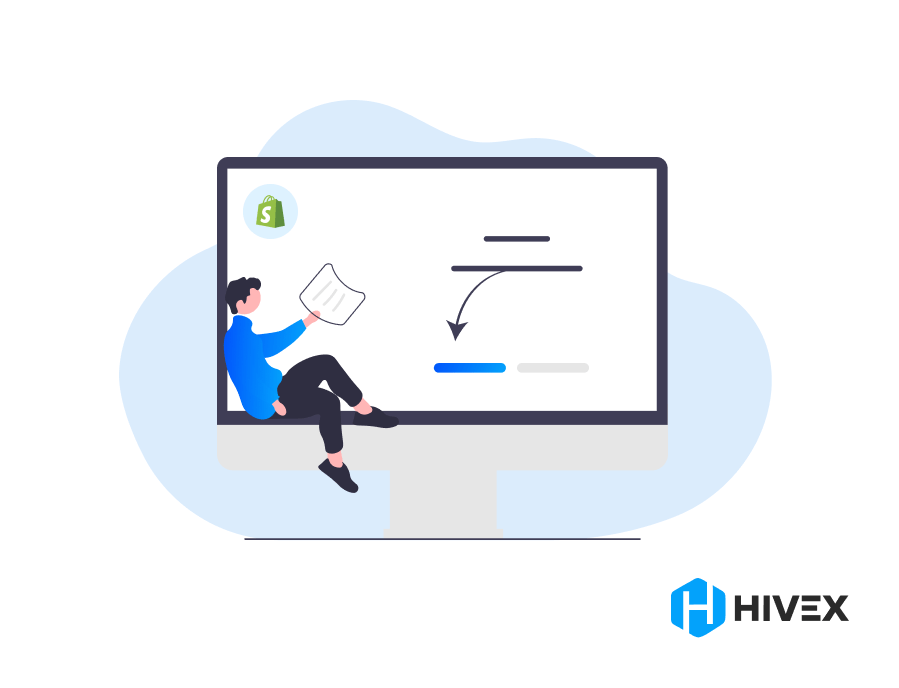
The Versatility of the Shopify Platform
The Shopify platform is renowned for its versatility, offering businesses of all sizes the ability to create and customize their online stores. With custom apps, the possibilities are endless.
They allow store owners to enhance their websites with unique features and functionalities, tailored specifically to their business needs. Whether it’s integrating a loyalty program, optimizing checkout processes, or creating personalized product recommendations, Shopify can accommodate it all.
The flexibility and ease of use of these custom apps make it simple for businesses to adapt and evolve as their needs change. Also, the platform provides a seamless experience for both store owners and customers, ensuring that every aspect of the online shopping journey is optimized for success.
Key Elements of a Successful Shopify Store
When it comes to running a successful online store, there are several key elements that every Shopify store owner should focus on.
1. Having a visually appealing and user-friendly website is essential.
Customers should be able to navigate through the online store easily and find the products they are looking for without any hassle.
2. It is crucial to have high-quality product images and detailed descriptions to showcase your products effectively.
This will not only attract customers but also help in boosting sales.
3. Providing excellent customer service and ongoing support is vital for the success of any online business.
Responding promptly to customer inquiries and resolving any issues or concerns goes a long way to building trust and loyalty.
4. Implementing effective marketing strategies such as social media advertising, email marketing, and search engine optimization can help drive traffic to your e-commerce store and increase sales.
These key elements will help the owners of Shopify stores succeed in the competitive world of online retail.
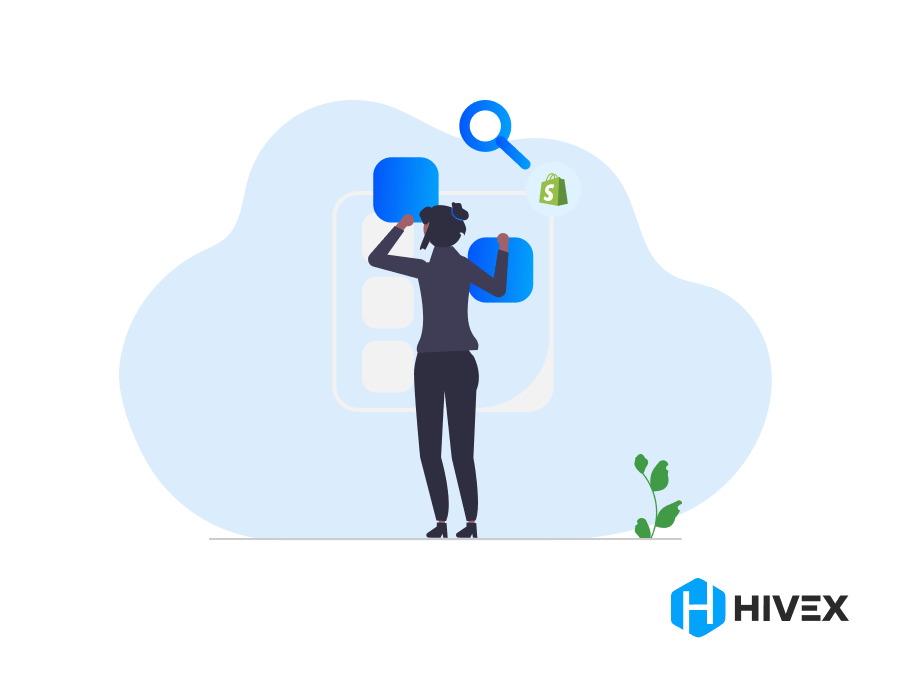
Who are Shopify Developers?
Shopify developers specialize in building and enhancing online stores on Shopify’s platform. Their expertise lies in creating custom themes and tailoring e-commerce websites to fit each client’s unique needs. With advanced coding skills in HTML, CSS, and JavaScript, they craft engaging and functional websites.
A significant part of their job involves theme development, where they design the visual layout and user experience of the website. This process is vital for ensuring that the online store is not only attractive but also user-friendly and responsive.
In addition to working on the aesthetic aspects, Shopify experts also develop custom apps. These Shopify apps are designed to add specific functionalities to e-commerce websites, making them more efficient and suited to the business’s requirements.
Client communication is key to their role. By understanding the client’s vision and objectives, Shopify developers can provide tailored solutions that align with the business strategy. Whether it’s customizing an existing theme or building a new one from the ground up, their goal is to create a seamless and engaging online shopping experience on Shopify’s platform.
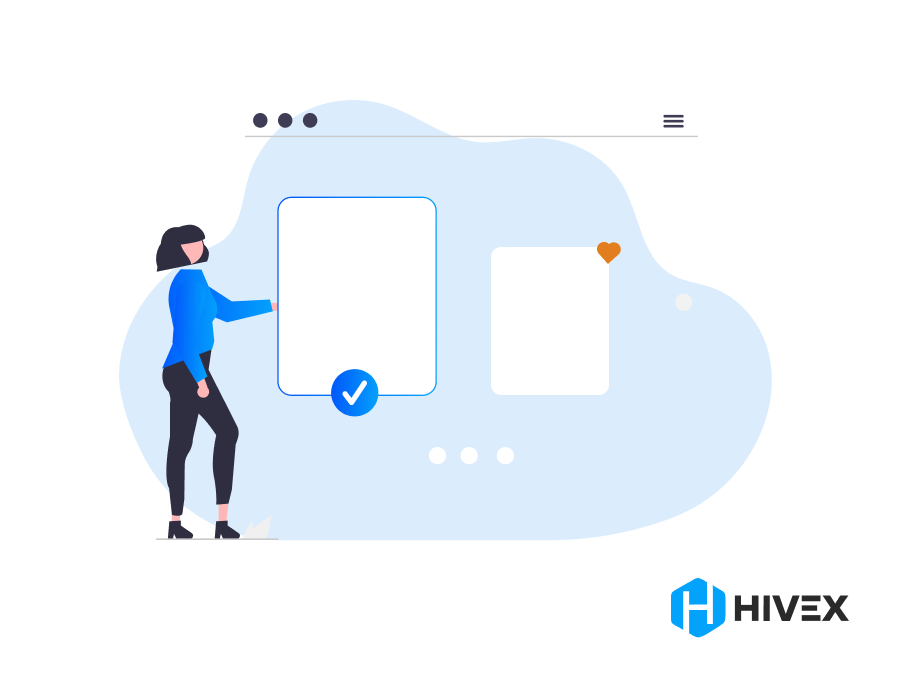
Shopify Developer Skills to Look For
When hiring a Shopify developer, it is important to consider the specific skills and qualifications necessary for the job. A Shopify developer job description typically includes a variety of technical skills and knowledge.
Essential skills include:
- Knowledge of Liquid Templating Language
- Proficiency in HTML, CSS, and JavaScript
- Experience with Shopify APIs and Shopify App Development
- Knowledge of Responsive Design Principles
- Themes and Templates Customization
- Knowledge of E-Commerce Best Practices
- Problem-Solving & Troubleshooting
- Knowledge of SEO & Website Optimization
- Communication & Collaboration Skills
Let’s explore them in more detail:
1. Knowledge of Liquid Templating Language
One of the fundamental skills a Shopify developer should possess is a strong understanding of Liquid.
Liquid is Shopify’s own templating language, which allows developers to access and manipulate data in their themes. It enables dynamic content rendering, such as product information, cart details, and customer data. A good Shopify developer should have experience working with Liquid tags and filters to create dynamic and personalized user experiences on the website.
When working with Liquid, developers can leverage various control structures like loops and conditions to iterate through collections of data and display information conditionally. This flexibility allows for the creation of complex layouts and functionalities within Shopify themes.
Also, Liquid lets developers create custom variables and perform mathematical operations, so the storefront’s content is more dynamic.
Liquid Filters
Mastering Liquid filters can significantly impact Shopify store performance and functionality.
Filters allow developers to modify and format data before displaying it on the front end, enabling tasks such as date formatting, string manipulation, and sorting of collections. By utilizing filters effectively, developers can streamline the development process and ensure a seamless user experience for visitors browsing the online store.
2. Proficiency in HTML, CSS, and JavaScript
Shopify developers should be proficient in front-end technologies such as HTML, CSS, and JavaScript. These languages form the backbone of website development and customization.
With HTML, developers can structure the content, while CSS allows them to style the website and make it visually appealing. JavaScript is essential for adding interactivity and enhancing the user experience. An adept Shopify developer should be able to write clean and efficient code in these languages to create stunning and functional websites.
HTML
HTML, or HyperText Markup Language, is the standard language used to create and design web pages. It provides the basic structure of web content by using a system of tags and attributes to define elements such as headings, paragraphs, images, and links. Understanding HTML is crucial for developers as it lays the foundation for building accessible and well-organized websites.
CSS
CSS, or Cascading Style Sheets, complements HTML by controlling the layout and visual presentation of web pages. It allows developers to customize elements on a website, including fonts, colors, spacing, and more. Proficiency in CSS enables developers to create responsive designs that adapt to different screen sizes and devices, providing a seamless user experience across platforms.
3. Experience with Shopify APIs and Shopify App Development
Shopify provides extensive APIs that allow developers to extend platform functionality and integrate third-party services.
A skilled Shopify developer should have experience working with these APIs and be familiar with app development. They should be capable of building apps or integrating existing ones to add additional features, such as advanced analytics, payment gateways, and shipping solutions. Knowledge of the Shopify API ecosystem enables developers to create seamless and unique solutions tailored to the specific needs of each online store.
Shopify API Documentation
Understanding Shopify’s API documentation is crucial for developers to navigate the platform effectively.
By delving deep into the documentation’s technical details, developers can uncover hidden functionalities and optimize their app development process. This level of expertise allows developers to troubleshoot any issues that may arise during the integration of APIs, ensuring a smooth and efficient development cycle.
Staying updated with the latest Shopify API developments is essential for leveraging new features and improving functionality.
By actively participating in Shopify’s developer community and exploring beta releases, developers can stay ahead of the curve and incorporate cutting-edge functionalities into their apps.
This proactive approach not only enhances the developer’s skill set but also enables them to deliver innovative solutions that push the boundaries of what is possible within the Shopify ecosystem.
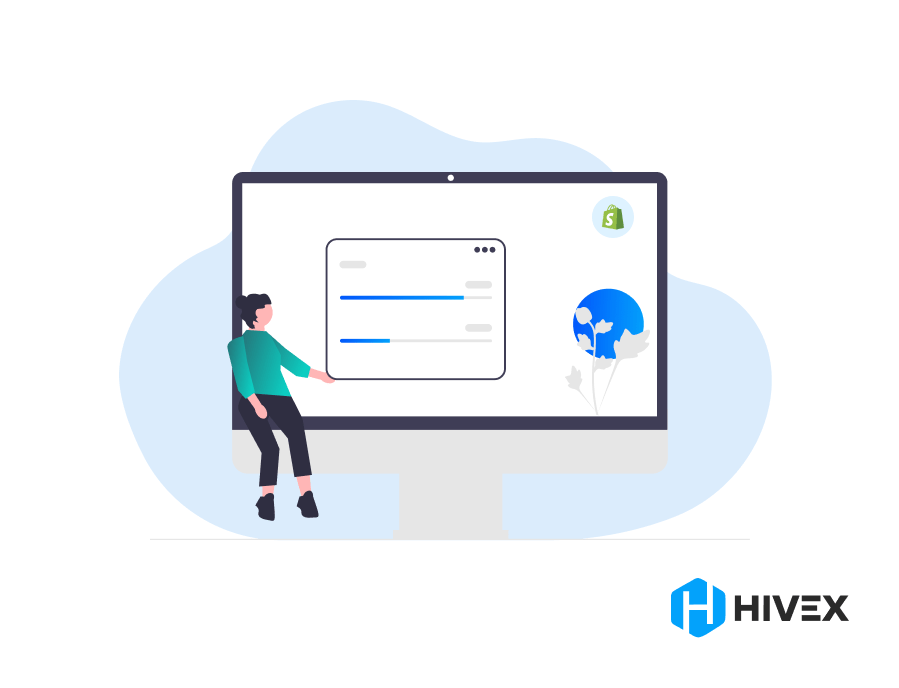
4. Knowledge of Responsive Design Principles
Today, responsive design is crucial for websites. A talented Shopify developer should have a solid understanding of design principles and be able to create websites that adapt seamlessly to different screen sizes and devices.
They should be skilled at using media queries, flexible grids, and responsive images to ensure a consistent and user-friendly experience across desktops, tablets, and smartphones.
Adaptive design is not only essential for providing an optimal user experience but also for boosting SEO rankings, as search engines prioritize mobile-friendly websites.
User Behavior
A deep understanding of user behavior across various devices is key to effective adaptive design implementation. By analyzing user interactions and preferences on different screen sizes, a skilled developer can tailor the website’s layout and content to enhance user engagement and conversion rates.
Latest Responsive Design Trends and Technologies
Staying updated on the latest trends and technologies in responsive design is essential for a Shopify developer to deliver cutting-edge solutions. With the rapid evolution of devices and browsers, keeping abreast of new techniques such as CSS Grid and Flexbox, as well as best practices in performance optimization for mobile devices, is crucial.
By continuously refining their skills and knowledge of adaptive design, developers can ensure that the websites they create not only meet current standards but also remain future-proof in the ever-changing digital landscape.
5. Ability to Customize Themes and Templates
Shopify offers a wide range of themes and templates to create visually appealing and functional online shops. However, many businesses require unique branding and customization.
A proficient Shopify developer should be able to customize themes and templates according to the specific requirements of each online store. From tweaking the layout and design to adding custom functionalities and sections, a skilled developer should possess an artistic eye combined with technical expertise to deliver a tailored website that represents the brand’s identity.
When it comes to customizing Shopify themes and templates, there are tons of options.
Developers can delve into the code to make intricate changes that reflect the brand’s personality and values. This level of customization goes beyond just changing colors and fonts – it involves creating a seamless user experience that resonates with the target audience.
Shopify’s Liquid templating language lets developers craft unique elements that set an online store apart.
Customizing Shopify themes and templates isn’t just about aesthetics – it’s also about functionality.
Developers can integrate third-party apps, optimize page loading speed, and ensure adaptive design across devices. These technical aspects, coupled with a keen eye for design, result in a harmonious blend of form and function that elevates the overall shopping experience for customers.
In the competitive world of e-commerce, having a customized Shopify store can be a game-changer for businesses looking to stand out from the crowd.
6. Knowledge of E-Commerce Best Practices
A Shopify developer should be well-versed in e-commerce best practices. This includes understanding user behavior, conversion rate optimization, and effective product merchandising. They should know industry trends and be able to implement strategies to improve website performance.
For example, they should know how to optimize product pages, simplify the checkout process, and implement secure payment gateways. By staying up to date with e-commerce practices, a developer can ensure that the online store is competitive and able to drive conversions and sales.
7. Strong Problem-Solving & Troubleshooting Skills
Like any development process, building and maintaining Shopify stores can come with its fair share of challenges.
Hence, troubleshooting and problem-solving are essential Shopify developer skills. Shopify developers should be able to investigate and debug issues, identify bottlenecks, and find custom solutions.
Whether it’s fixing a broken Shopify theme, resolving compatibility issues, or addressing performance concerns, a capable developer can quickly diagnose problems and implement effective solutions to keep the website running smoothly.

In Shopify development, understanding web development intricacies and being proficient with the Shopify admin interface is crucial. Developers should also be familiar with the many Shopify libraries that can enhance the store’s functionality and user experience.
A Shopify theme developer specifically focuses on the aesthetic and functional aspects of the store, ensuring that the theme aligns with the brand’s image and user expectations.
Also, a comprehensive understanding of Shopify’s features is essential for developers to maximize the platform’s potential. This includes not only the technical aspects but also aspects of project management, ensuring that each project is completed efficiently and meets the set objectives.
This holistic skill set enables Shopify developers to create robust, scalable, and visually appealing e-commerce solutions tailored to each business’s unique needs.
8. Knowledge of SEO & Website Optimization
Having a well-optimized website is crucial for driving organic traffic and increasing visibility. A competent Shopify developer should have a solid understanding of SEO techniques and be able to optimize the website for search engines.
This includes:
- Implementing proper meta tags
- Creating structured data
- Optimizing page load speed
- Improving site architecture
By ensuring that the website meets SEO best practices, a developer can improve its search engine rankings and attract more potential customers.
“No website can stand without a strong backbone. And that backbone is technical SEO.” — Neil Patel, Co-Founder at Neil Patel Digital
Additionally, a Shopify developer working on an existing Shopify store or a new e-commerce platform needs to continuously analyze user behavior. This analysis helps understand how users interact with the site, which is vital for further SEO improvements and user experience enhancements.
Keeping abreast of e-commerce trends and applying them to Shopify development can significantly impact the store’s effectiveness. Developers with strong e-commerce knowledge are better equipped to make informed decisions that align with both SEO and e-commerce best practices.
This comprehensive approach ensures that the Shopify store not only ranks well in search engine results but also provides a seamless shopping experience, leading to higher conversions and customer retention.
9. Soft Skills
Effective communication skills are vital qualities for Shopify developers. They should be able to understand client requirements and translate them into technical solutions.
Apart from strong developer skills, they must have the ability to communicate effectively with non-technical stakeholders and explain complex concepts clearly and concisely. This is particularly important when discussing functionalities related to Shopify apps or custom features of the Shopify platform.
In addition to communication, Shopify developer skills also encompass the ability to collaborate with designers, project managers, and other developers to deliver high-quality development services within a given timeframe.
Being a Shopify expert means not only having technical proficiency but also being adept at working as part of a larger team, ensuring that all aspects of the project align seamlessly.
You may also like: How to Conduct Software Developer Performance Reviews [+Template]
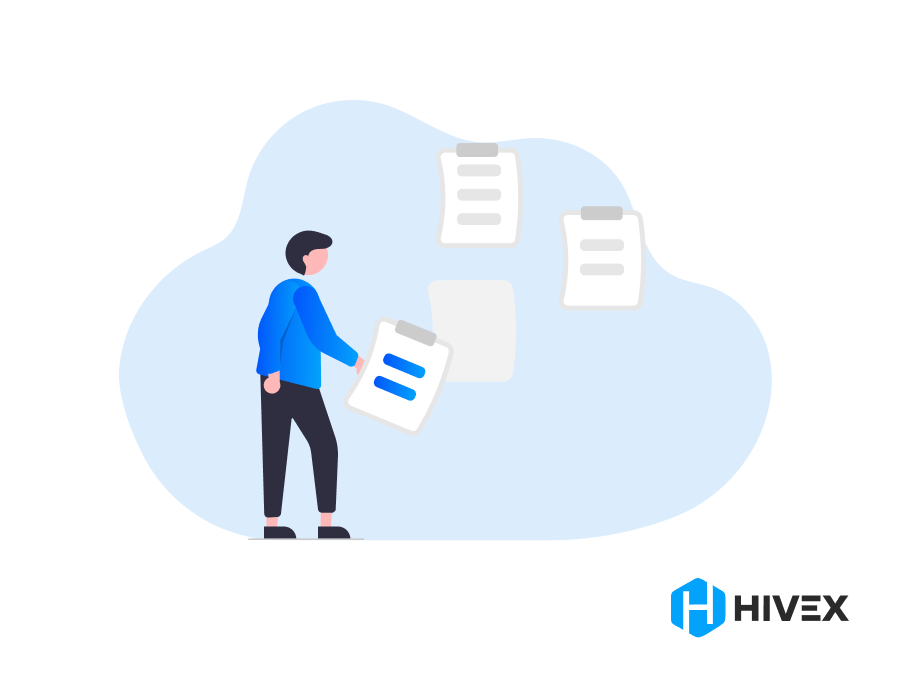
Portfolio Showcasing Previous Shopify Projects
One of the best ways to assess a Shopify developer’s skills and expertise is by reviewing their portfolio.
A competent developer in the field of software engineering and e-commerce development should be able to showcase previous projects, especially those focused on e-commerce websites.
This demonstrates their versatility, creativity, and e-commerce expertise. For instance, a portfolio highlighting experience customizing themes and creating sites reflects a developer’s comprehensive skill set.
A strong portfolio acts as evidence of Shopify platform proficiency and custom theme development, giving potential employers or clients confidence in their abilities. It’s especially impressive if a developer can show expertise as a front-end developer, with a keen eye for designing user-friendly interfaces and an understanding of Shopify’s templating language.
Being a Shopify expert involves more than technical know-how. It requires the ability to understand and adjust theme settings to match the client’s vision and needs. This demonstrates a deep understanding of the e-commerce platform, ensuring high-quality, tailored solutions.
Such a portfolio is crucial for employers and clients looking for top-notch development services in the competitive e-commerce space.
Conclusion
In conclusion, finding the right Shopify developer with the required skills can greatly impact an online store’s success. By ensuring that they possess a deep understanding of Liquid templating, proficiency in front-end technologies, experience with Shopify APIs, and knowledge of responsive design and e-commerce best practices, businesses can be confident in their ability to build and maintain a highly functional and visually appealing online store.
Read also: Top 15 Sites to Hire Great Remote Developers in 2024


